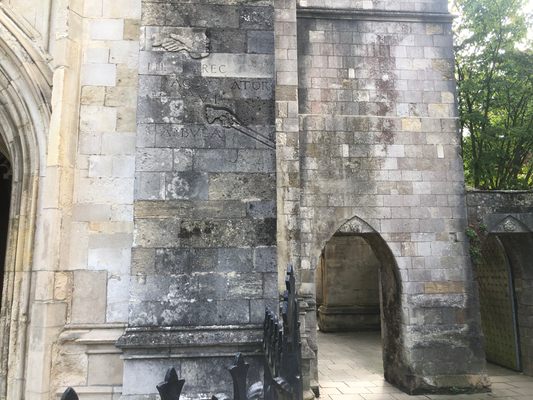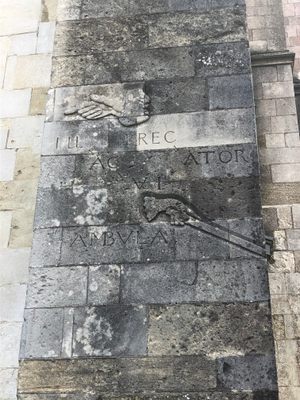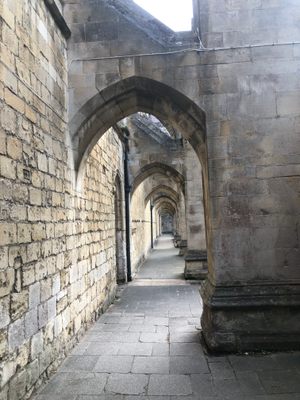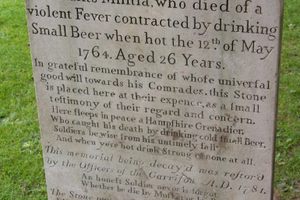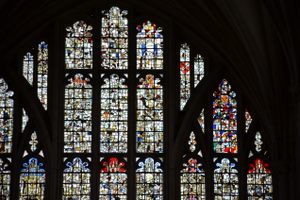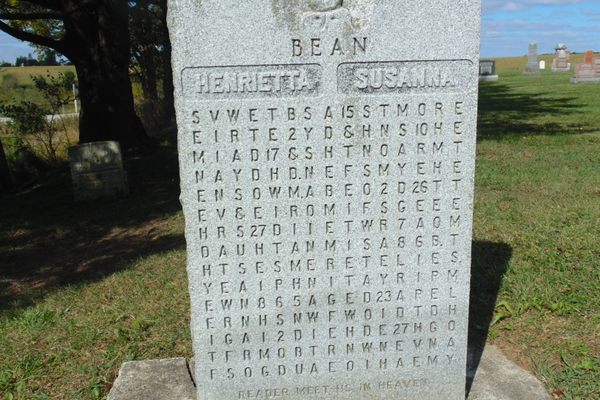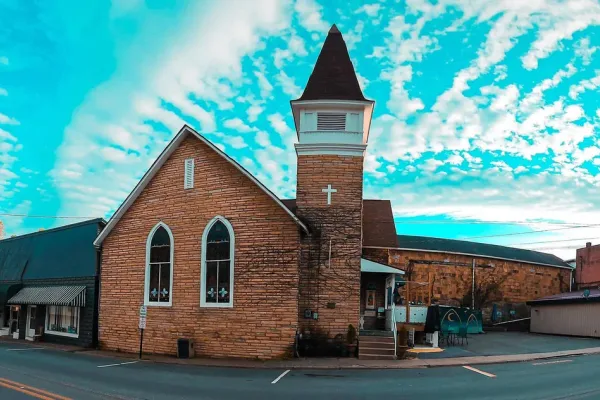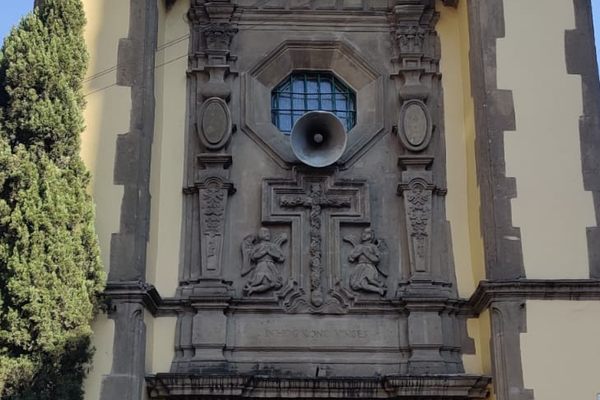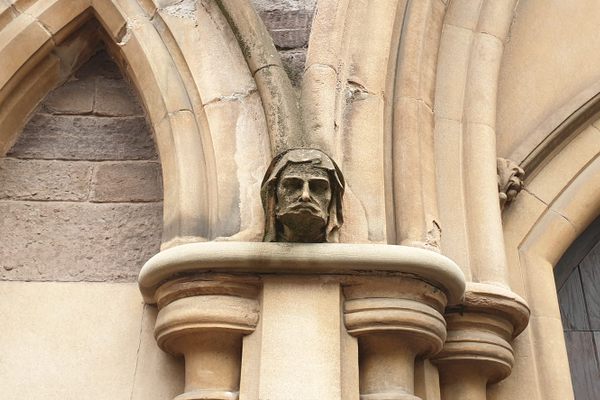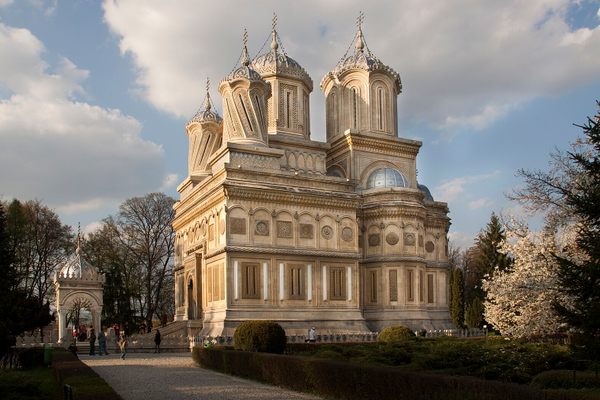About
On the western wall of Winchester’s Cathedral, etched into the stonework, you will see a curious carving dating from almost 400 years ago. Just above head height, visible to any passing through Curle’s Passage, the cathedral’s outer passageway, are two hands pointing in opposing directions. These hands are accompanied by what is, even to the linguistically gifted, a jumble of Latin. With a little deciphering, and unjumbling, for the text must be read in a zigzagging pattern, it reads "ILLAC PRECATOR HAC VIATOR AMBULA."
When translated, this phrase, in addition to the image of the hands indicates that those wishing to "pray" should "walk that way," and those wishing to "go through" should "walk this way."
Though its directional purpose may seem self-explanatory, why it was necessary requires a brief history of the time before Curle’s Passage. Bishop Curle was a 17th-century Bishop of Winchester, and a man on a mission. Curle was of the opinion that liberties were being taken of the cathedral, both spiritually and physically. As part of his mission, he wanted to resolve a habit that had arisen within the city whereby people would wander through the cathedral as if it were an extension of the streets outside, using it to access the green outside and disturbing those worshipping within.
As such, the Bishop commissioned an outside passageway, the Slype, now also known as Curle’s Passage, to be built and requested the carved inscription be added so as to remind people that cutting through the cathedral was no longer necessary. Why this reminder was installed in such a puzzling pattern is unclear.
Related Tags
Community Contributors
Added By
Published
September 15, 2023
